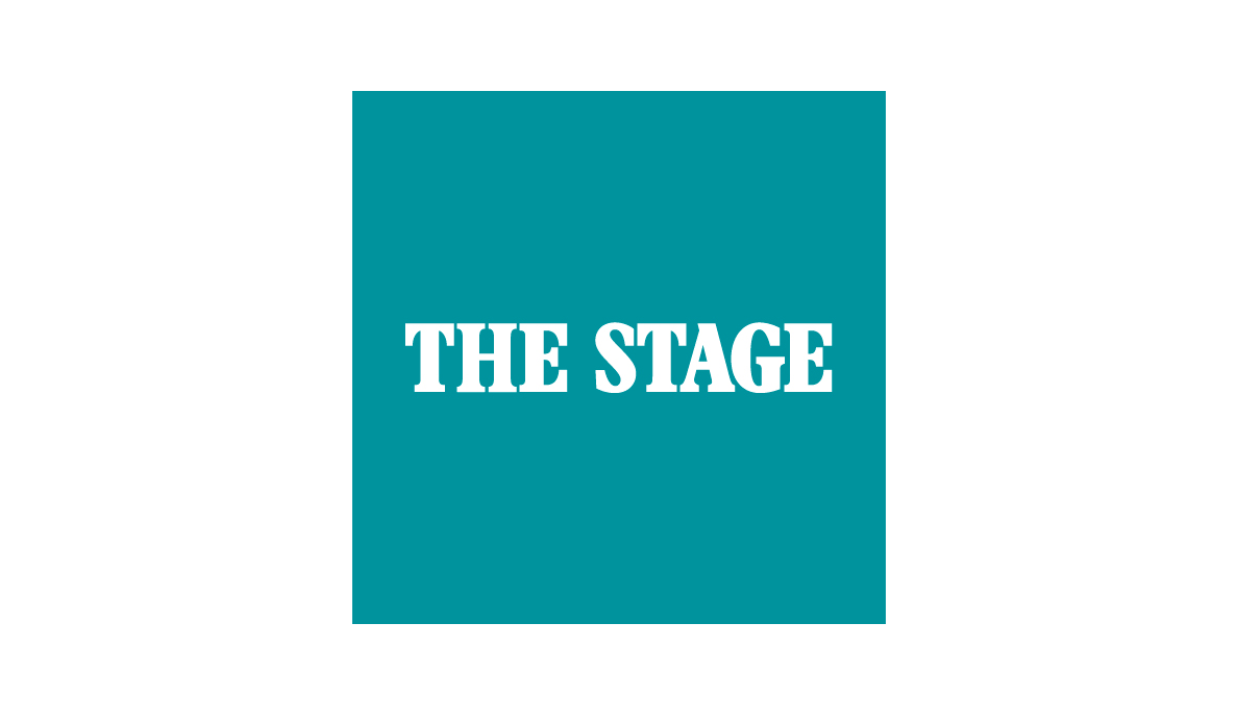- Freelancers ask for reasonable adjustments & employer training to thrive
- 50% of freelancers don’t feel supported by the employers they work with
- 1 in 5 (22%) became a freelancer due to negative experiences in a perm role
- Disabled individuals 30% more likely freelancing after negative perm role experience
- 54% say they’re offered a day rate or salary below their level
Creative Access, a leading UK diversity and inclusion social enterprise today reveals new research that shows although freelancers are broadly happy with their career path, there is a breakdown in the relationship between freelancers and employers within the creative economy as 1 in 2 freelancers say they ‘don’t feel supported by employers’ they work with.
This is despite the creative industry’s heavy reliance on its freelance workforce. Self-employed talent currently represents a third of resource in the creative economy (source) – sectors such as film, TV, journalism, PR and many more have historically relied on freelance support to deliver projects and plug valued skills gaps.
Creative workplaces ‘excluding’ freelancers
Although demand for freelance workforce support in the creative industries shows no signs of shrinking, overall satisfaction is waning among the self-employed. The report from Creative Access surveying under-represented freelancers in the creative industries highlights poor standards from employers. When asked ‘do employers support freelancers and include them in their teams & organisations?’ half of respondents (50%) said no.
Unsurprisingly, 1 in 2 freelancers also said late payment from employers was an issue. And 1 in 3 disabled respondents said they went freelance due to a negative experience in a permanent role, this was higher than the average 1 in 5, which sadly raises a bigger issue of disabled freelancers being 30% more likely to have suffered bad workplace experiences as staffers, this ‘otherised’ treatment seems to continue into self-employed life.
Not all bad for freelance talent
Despite challenges freelancers face, respondents are overall pleased with their career path, pointing to several positive aspects about being self-employed, suggesting their job gives them satisfaction, namely around:
- remote work (62%)
- project diversity (61%)
- independence (61%)
- it being beneficial to their health & wellbeing (42%)
- and freedom to select clients (32%)
How can employers & the industry help freelancers thrive?
Despite positive experiences being self-employed, freelancers didn’t hold back in identifying how employers and the creative industry at large can better support them to do great work. It’s no coincidence that respondents said employer training on how to best support freelancers is one of the most important resolutions to the freelance, employer disconnect.
Respondents also pointed towards several key action points employers and the creative industry at large can take to help them thrive:
- Make it clear as an employer you will make reasonable adjustments for disabled freelancers – 91% of disabled freelancers in our survey highlighted this was an issue with employers.
- 78% of freelancers in our survey said professional training was one of the most important areas employers and industry bodies can support them
- Providing access to a mentor with a similar lived experience, was valued by 63%
- Access to networking events to build their client and peer contact base (67%)
- As well as training for employers on how to best support freelancers (48%)
“Freelancers are all too often the lifeblood of a creative organisation,” says Creative Access CEO, Bibi Hilton: “They’re the flexible extra resource we bring in when the workload suddenly spikes and there’s no time or budget to hire to plug highly valued, and often specialist skills gaps. And yet, our survey shows, many employers are not treating their freelancers in this way. They are treating them as ‘other’ to their permanent employees; investing in training or wellbeing for everyone except their freelancers or worse, claiming to create a culture of ‘belonging’ that includes everyone except the large proportion of individuals not on permanent contracts.
“At Creative Access we’ve been at the forefront of supporting diverse talent for over a decade, it’s all part of our mission to make the creative industries reflect UK society. However, we also appreciate our own role in offering career-long support – particularly when talent is self-employed and lies outside the safety net of an organisation.”




